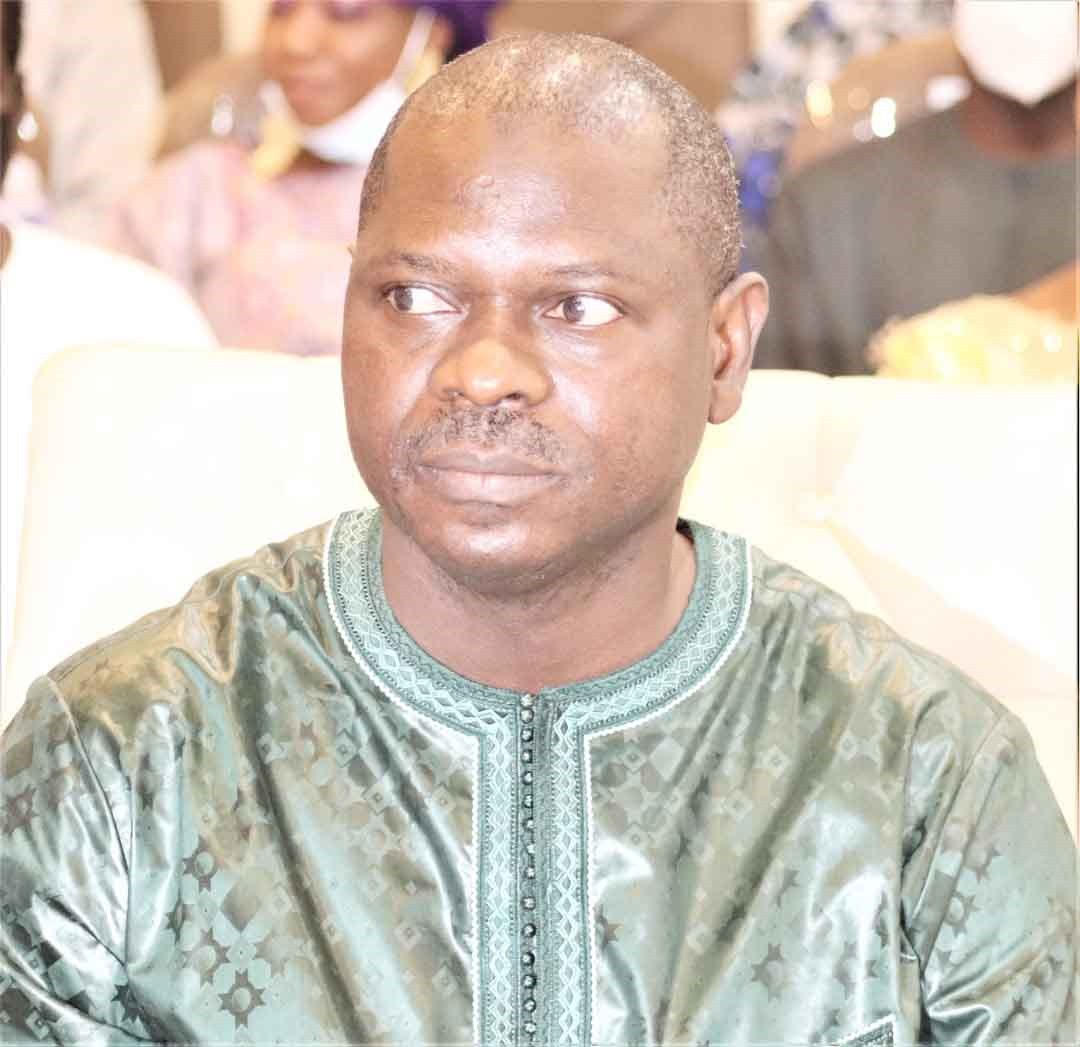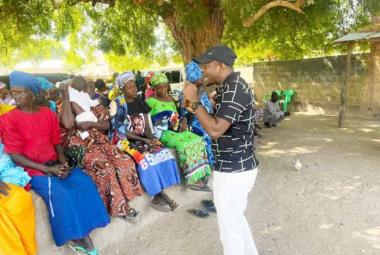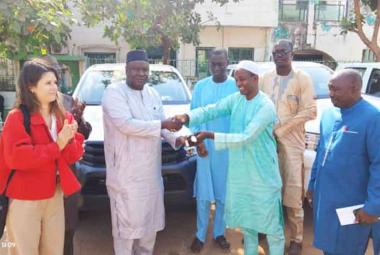By Ebrima S Jallow
The Government of The Gambia has recently finalised the formulation of a Green Recovery-Focused National Development Plan (RF-NDP) for the period 2023-2027. The main goal of the new development plan is to build on the gains registered during the 2018-2022 NDP and to address the country’s recovery needs in the short and medium term, underpinned by the concepts of green recovery and resilience as guiding themes. It aligns with the UN Agenda2030 and the African Union Agenda 2063.
During his budget speech held recently at the National Assembly, the Minister of Finance and Economic Affairs, Seedy Keita told parliamentarians and Gambians at large that following Cabinet approval, Government has developed a financing strategy to serve as a framework for mobilizing resources and building partnerships to implement the Plan. The financing strategy, he said, takes into consideration the challenging external environment, developments in the international development financing landscape, as well as the domestic financing context.
“In the face of limited fiscal space, three financing mechanisms have been proposed to meet the funding needs of the RF NDP 2023-2027; including the development of a domestic resource mobilization strategy to enhance domestic revenue generation capabilities; the utilization of innovative financing mechanisms for critical development projects; and the utilization of concessional funds to attract private capital – blended finance,” he said. He pointed out that under constrained fiscal situations characterized by a high risk of debt distress and challenges imposed by tightened global financial conditions and increasing cost of capital and debt servicing, financing the Plan would require complementing government and concessional resources with greater private sector investment in the country.
In this context, he indicated that carbon finance and green finance hold considerable potential in supporting resource mobilization efforts in the country. “These mechanisms encompass instruments like carbon pricing, green bonds, and green investment funds, which can create new revenue streams”.
The Finance Minister reiterated that to reinforce the country’s macroeconomic and socioeconomic fundamentals, reforms are urgently needed across the board especially in the areas of digitalization and agriculture value chain development, in strong and close partnership with the private sector, as the growing impacts of climate change and adverse weather events heightened the threat to food security.
The Minister assured that the Government remains committed to intensifying resource mobilisation to fully implement the RF-NDP 2023-2027 with emphasis on the benefits the government continues to enjoy from the unwavering support of development partners in tackling key challenges and advancing national development agenda.







